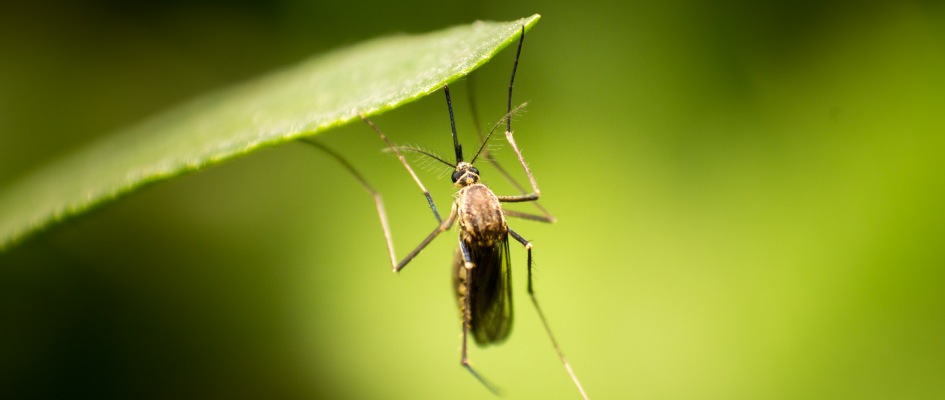Every year, just after the monsoon arrives, there’s a spurt in Dengue cases in almost every city in India. But how many of us know how to spot the signs of dengue, what the right treatment is and how much it costs? That’s why we’ve put together this quick ready-reckoner that everyone should go through:
What is dengue fever?
Dengue fever is a disease caused by the dengue virus. Symptoms usually show up 3-14 days after infection. In dengue, your blood platelet count can reduce considerably, and the disease can be fatal in some cases.
How do I know if I have dengue?
When you get dengue, you could experience these symptoms:
· Sudden, high fever
· Severe headaches
· Pain behind the eyes
· Severe joint and muscle pain
· Fatigue
· Nausea
· Vomiting
· Skin rash, 2-5 days after the fever starts
· Mild bleeding in the nose, gums, etc.
As you can see, these are common viral infection symptoms and you might think, “Oh, it will go away in a day or two; I just need some rest.” But they can be dangerous. While it doesn’t help to panic, it’s better to go to a doctor if you have any of these symptoms.
How will the doctor confirm I have dengue?
A simple blood test that detects the presence of the dengue virus can confirm whether you have the disease. You don’t need to fast before taking this test.
What if it really is dengue? What’s the treatment and how long does it take?
While there is no specific treatment for dengue, your doctor will keep your fever in check, and make sure you are sufficiently hydrated and your blood platelet count gets back up to normal. Although it’s less likely, you may require a blood transfusion. The fever lasts anywhere between 5 and 14 days.
How much does the dengue test and treatment cost?
The test can cost you anywhere between ₹250 and ₹600 depending on where you live, while the cost of the treatment can vary from ₹5000 to ₹5 lakhs, with an average of ₹30,000, according to this report.
How can I safeguard myself against dengue?
The most important thing is to prevent mosquito bites.
· You can do this by keeping your home and surroundings clean and not allowing water to collect anywhere (in coolers, buckets, open drains, etc.). This removes any breeding grounds for mosquitoes.
· You could also use barriers against mosquitoes – like wearing clothes that cover most of your body and using mosquito nets while sleeping at night.
· Another way is to use mosquito repellents but be careful of any harmful effects on your body (e.g. the fumes from a mosquito coil can be toxic).
Despite all our precautions, dengue can still strike us at any time. Planning for such emergency expenditures is important.
Have you ever considered getting personal health insurance for such situations (apart from your corporate plan)?
If not, here’s something that can help you decide whether you should take it or not:
- Is my corporate health insurance enough?
- Why should I take health insurance early in life?
If you have thought of getting health insurance, you should read this to make the right decision:



